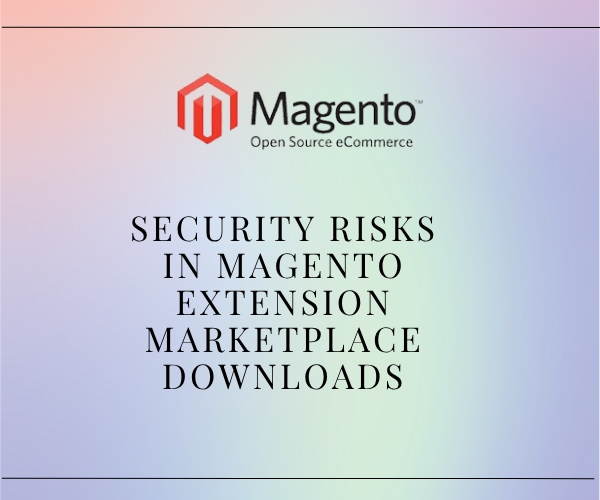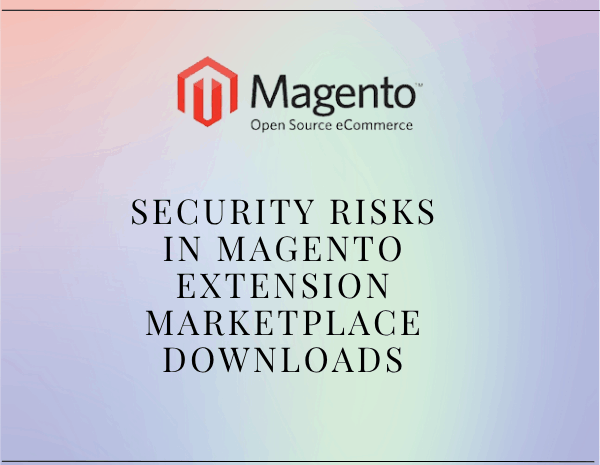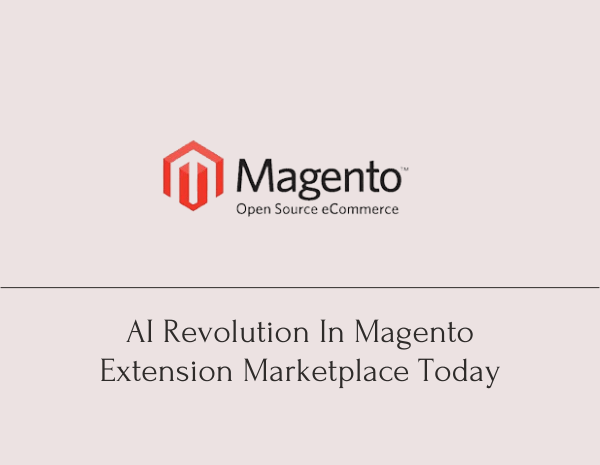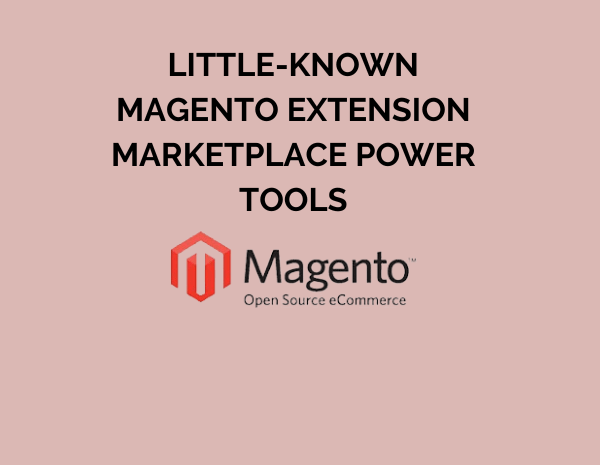Magento has become a leading eCommerce platform for businesses seeking flexibility, power, and scalability. One of the biggest advantages of Magento is its ability to integrate third-party extensions that add new features, improve customer experience, and optimize store performance. However, these very benefits come with risks—particularly when downloading from the Magento Extension Marketplace.
While Magento offers countless extensions to expand your store’s functionality, not all are created with the same standards of security. For online merchants, downloading unverified or poorly developed extensions can lead to serious vulnerabilities, data breaches, and customer distrust. This blog explores the most common security risks in the Magento extension ecosystem and how to protect your store without compromising performance.
Why Magento Extensions Are a Double-Edged Sword
Magento Extensions provide plug-and-play functionality for virtually every area of your store—payments, SEO, speed optimization, analytics, marketing, and more. They reduce the need for custom coding and help store owners deploy new features rapidly.
However, the open nature of the Magento ecosystem means that anyone, including inexperienced developers or even malicious actors, can build and distribute extensions. If these extensions are poorly coded, outdated, or intentionally harmful, they can open doors to cyberattacks like:
- SQL injections
- Cross-site scripting (XSS)
- Backdoors for remote access
- API vulnerabilities
- Admin privilege escalations
Even one compromised extension can potentially bring down your entire store or expose sensitive customer data. That’s why careful vetting and adherence to security best practices are essential.
Common Security Risks in Magento Extension Downloads
Here’s a breakdown of key security risks merchants face when sourcing third-party extensions.
1. Unvetted Code from Unknown Developers
One of the biggest risks is downloading extensions from developers who lack a strong track record. They may not follow secure coding practices or update their software in response to newly discovered vulnerabilities.
2. Outdated Extensions
Extensions that are not maintained regularly may no longer comply with Magento’s latest security standards. Installing these on a newer version of Magento can result in compatibility issues and open vulnerabilities.
3. Lack of Official Review
Not all extensions go through Magento’s official approval and review process. Extensions distributed outside of the marketplace, like from random GitHub repositories or forums, might not meet quality assurance guidelines.
4. Hidden Backdoors or Malicious Code
Some extensions may include obfuscated or hidden code that gives attackers access to your site’s admin panel, database, or even customer information. These backdoors can be extremely difficult to detect without a proper code audit.
5. Third-Party API Risks
Extensions that rely on external APIs (for example, live chat tools or shipping plugins) may introduce vulnerabilities if the API endpoints are not secure. A poorly secured API can be a gateway for attackers to infiltrate your system.
The Role of a Magento Modules Company
A trusted Magento Modules Company plays a critical role in mitigating these risks. Unlike freelancers or one-off developers, reputable module development firms invest heavily in secure coding standards, rigorous testing, and continuous updates.
When you work with a certified modules company, you gain:
- Access to well-documented, professionally coded modules
- Faster security patches and version updates
- Dedicated customer support
- Compatibility assurance across Magento versions
- Peace of mind from security-reviewed code
These companies also provide full transparency by offering code access, allowing your development team to review for security compliance before installation.
How to Safely Select Extensions from the Marketplace
If you’re exploring the Magento Extension Marketplace, follow these tips to avoid security pitfalls:
✅ Check Developer Reputation
Look at reviews, ratings, and other extensions the developer has published. A well-reviewed profile indicates reliability.
✅ Review the Last Update Date
Avoid extensions that haven’t been updated in a long time. Magento evolves rapidly, and stale extensions can become security liabilities.
✅ Read the Changelog
Review changelogs to see if the developer actively patches bugs or addresses security vulnerabilities.
✅ Examine Permissions
Be wary of extensions that request excessive permissions. For example, a gallery plugin should not need admin access or permissions to edit core files.
✅ Stick with Marketplace-Verified Extensions
Extensions published directly on the Magento marketplace undergo some level of review. Avoid external downloads unless you trust the source and have the ability to audit the code.
Benefits of Custom Magento Development
In many cases, using pre-built extensions is not enough—or too risky. When you need very specific functionality without compromising security, investing in Custom Magento Development is the better choice.
Custom development allows for:
- Clean, minimal code tailored to your exact needs
- Full control over security protocols and data access
- Seamless integration with existing modules and themes
- Avoidance of bloat and unnecessary code present in many third-party solutions
Although custom development is more time-consuming upfront, it reduces the risk of cyberattacks and performance issues in the long run.
Importance of Magento Custom Development Audits
Even when going the custom route, it’s essential to conduct regular audits. A trusted developer or agency should perform security testing on any newly built feature, checking for:
- Code injection vulnerabilities
- Data validation
- Authentication enforcement
- Secure session handling
- Role-based access controls
By implementing these audits as a standard part of your development lifecycle, you maintain a robust security posture across your entire store.
Magento Migration and Extension Compatibility
When switching to Magento 2 or moving from a different platform, extensions can become even riskier. During migration, code conflicts, legacy modules, or outdated practices can reintroduce old vulnerabilities.
Partnering with a Magento Migration Agency ensures that only secure, up-to-date, and compatible extensions are carried over. Migration experts also perform detailed extension audits, patching or replacing insecure ones with modern equivalents.
Additionally, a good agency will:
- Test all third-party modules for compatibility
- Offer safer, custom-built alternatives when necessary
- Conduct full backups and rollback options
- Secure your staging and production environments
This proactive approach minimizes post-migration issues and protects your store’s data.
Security Best Practices for Extension Management
Here are the most important strategies to keep your Magento store safe, regardless of where you source your extensions.
🔒 Use a Staging Environment
Always test extensions in a staging environment before deploying them live. This allows you to detect conflicts or unexpected behavior without compromising your main store.
🔐 Apply Regular Patches
Magento and many reputable developers release patches for vulnerabilities. Always apply these as soon as they’re available.
🧪 Conduct Security Scans
Use Magento security tools or third-party scanners to detect suspicious files, injected scripts, or unauthorized access points.
🔄 Keep a Backup
Before installing any new extension, take a full site and database backup. If something breaks or a vulnerability is introduced, you can restore your store quickly.
📄 Maintain Documentation
Track every extension you install—version, source, permissions, and last update date. This makes troubleshooting easier and helps with future audits.
The Role of Magento Modules in eCommerce Security
Properly vetted Magento Modules do more than extend functionality—they safeguard performance and security. Whether it’s a payment processor, analytics dashboard, or inventory manager, modules should be evaluated based on how well they interact with core Magento code and how securely they handle data.
Poorly designed modules can lead to:
- Session hijacking
- Poor encryption for customer data
- Downtime due to code conflicts
- Legal liabilities under privacy laws like GDPR
Choose modules with clean architecture, active support, and adherence to Magento’s official coding standards.
Final Thoughts
The Magento Extension Marketplace offers incredible tools to enhance your eCommerce business—but with great power comes great responsibility. Each new extension is a potential entry point for hackers if not properly evaluated and maintained.
By partnering with a reliable Magento Modules Company, investing in Magento Custom Development, or consulting a Magento Migration Agency, store owners can greatly reduce their security risks. Don’t wait until an attack occurs—take a proactive approach to securing your Magento environment, especially when it comes to extensions.
Always vet, test, and monitor every module you use. Your store’s reputation—and your customers’ trust—depends on it.



